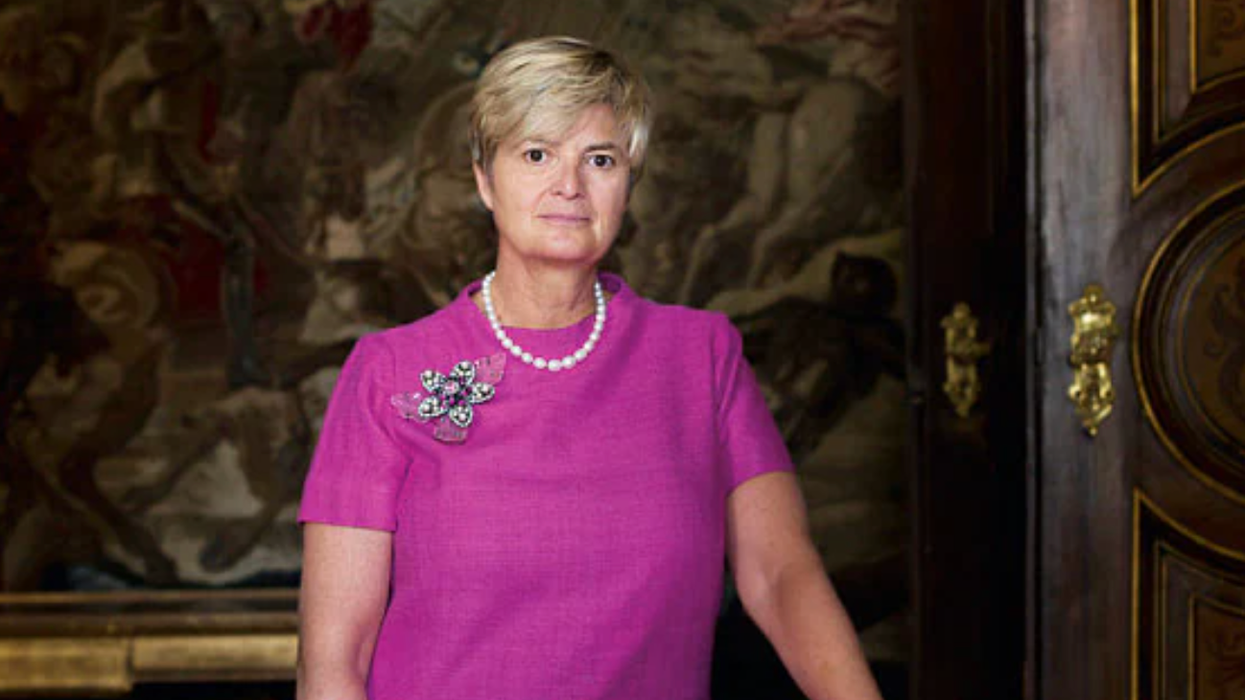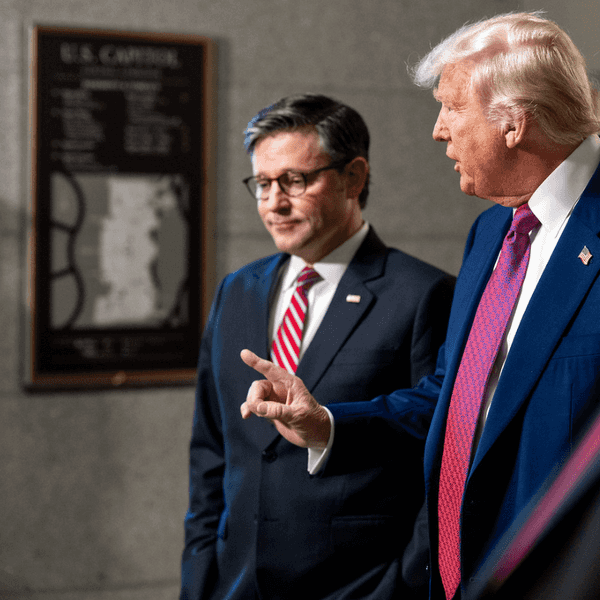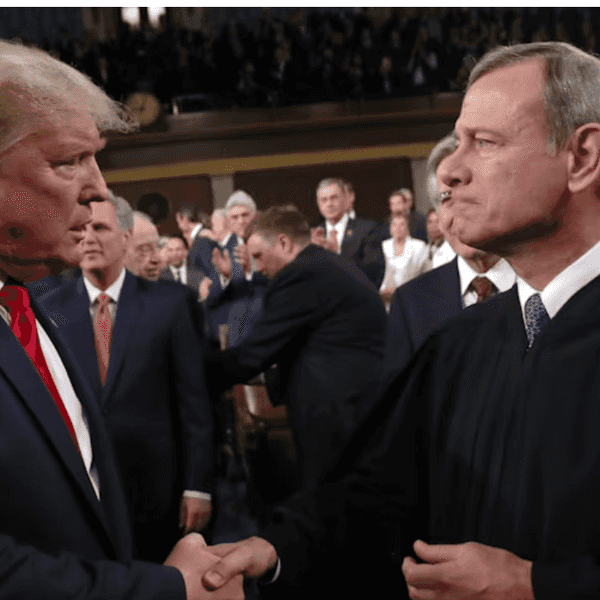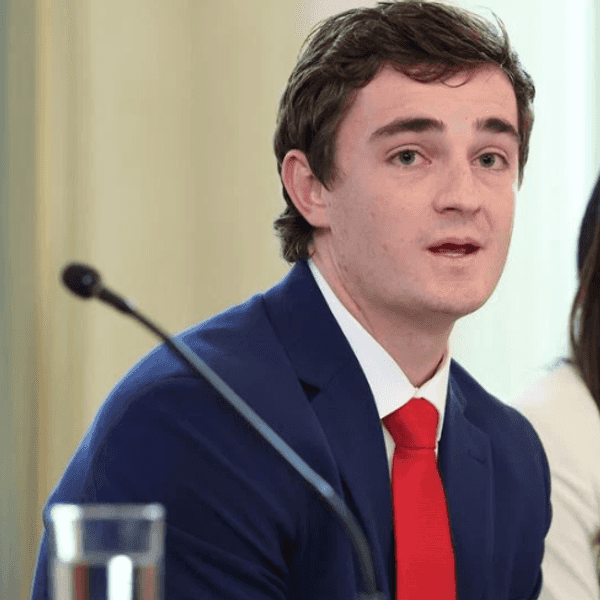You always wonder what goes on behind closed doors with the Alitos and the Thomases of the world. Justice Thomas has sworn publicly that he never discusses politics with his wife Ginni, a full-time right-wing political operative and activist infamous for having cheered on the insurrection that tried to overturn the 2020 election in texts and emails to the likes of Mark Meadows and others. Alito’s wife, Martha-Ann, has been in the news recently for displaying at the Alito’s two homes two flags flown at the Capitol on Jan. 6, 2021, but Alito writes off her obvious activism and support of insurrectionists with, “My wife is fond of flying flags. I’m not.”
I’m sure that without really trying, we can all write scripts for what’s really going on when the Alitos and Thomases close their doors and sit down for dinner with a glass of red and some DoorDash.
But now we have it right from Martha-Ann’s husband’s lips, what he really thinks about what is going on in this country’s politics, and where he stands.
Lauren Windsor, a progressive filmmaker and political activist, bought a ticket in her own name to the Supreme Court Historical Society dinner that was held on June 3 and carried her cell phone so she could record conversations she held with Justices Samuel Alito and John Roberts. She’s done it before, posing as a fellow conservative as she recorded conversations with right-wing politicians at public events. This time, Windsor appears to have been posing as a Christian Nationalist Catholic when she got close enough to Alito at the dinner to ask him a few questions.
Windsor introduced herself and reminded Alito that she had asked him a similar question at last year’s Supreme Court Historical Society dinner before casting this loaded lure into the Alito political waters: “What I asked you about was about the polarization in this country, about, like, how do we repair that rift? And considering everything that's been going on in the past year, you know, as a Catholic, and as someone who really cherishes my faith, I just don't, I don't know that we can negotiate with the left in the way that needs to happen for the polarization to end. I think it is a matter of like, winning.”
Alito bit: “I think you’re probably right,” he replied. “On one side or the other…one side or the other is going to win. I don’t know. I mean, there can be a way of working …a way of living together peacefully, but it’s difficult, you know, because there are differences on fundamental things that really can’t be compromised. They really can’t be compromised. So, it’s not like you are going to split the difference.”
Windsor wasn’t finished. “That’s what I’m saying. I think the solution really is like winning the moral argument. Like, people in this country who believe in God have got to keep fighting for that, to return our country to a place of Godliness.”
“Well, I agree with you, I agree with you,” Alito says to her, as a woman – possibly Martha-Ann, carrying a flag signaling imminent danger -- can be heard saying, “I didn’t want to interrupt…” and rescuing Alito before he further eviscerates the freedom of religion clause of the First Amendment.
This is exactly what yet another conservative Christian Catholic, Leonard Leo, of the Federalist Society, sought when he helped to plant his little garden of Catholic believers on the Supreme Court. He wanted justices on the court who would support exactly that, turning the United States of America into a Christian nation, “a place of Godliness” in the words of the well-chosen bait Windsor cast at Alito.
Behind the closed doors of a private $500 a plate dinner filled with lobbyists for Christian conservative organizations and the billionaire oligarchs who support them, Samuel Alito let his freak flag fly. For the rest of his time on the Supreme Court, this man will do everything in his power to rewrite the Constitution the Founders so carefully crafted to guard against the religious zealotry of the monarchy they had overthrown. For Samuel Alito, the waters of religious zealotry are where he swims.
Lucian K. Truscott IV, a graduate of West Point, has had a 50-year career as a journalist, novelist, and screenwriter. He has covered Watergate, the Stonewall riots, and wars in Lebanon, Iraq, and Afghanistan. He is also the author of five bestselling novels. You can subscribe to his daily columns at luciantruscott.substack.com and follow him on Twitter @LucianKTruscott and on Facebook at Lucian K. Truscott IV.












